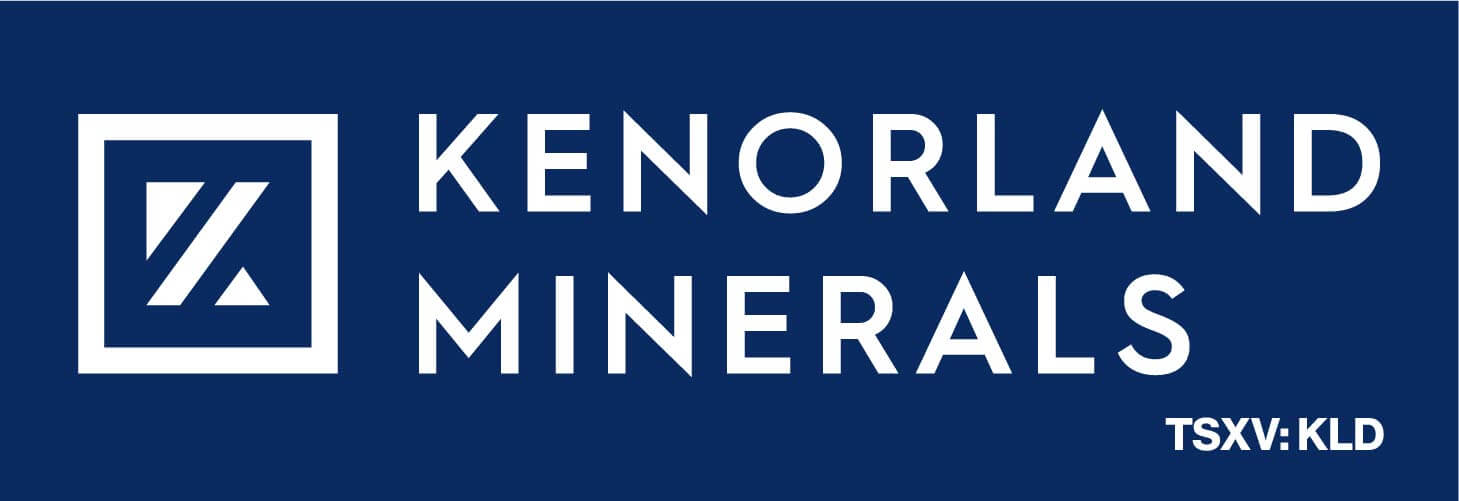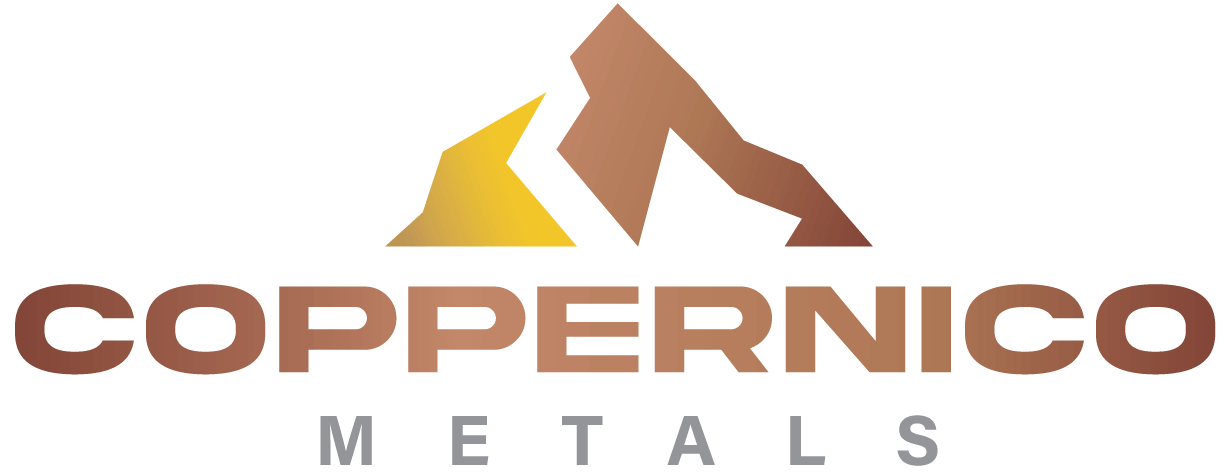U.S. Gold Corp. Completes Additional District-wide Geochemical Surveys on the Keystone Project, Cortez Gold Trend, Nevada
Download as PDF
Comprehensive surface geochemical surveys, combined with previous and additional geophysics, and scout drilling, identifies several new target opportunities and provides additional definition on previously identified target opportunities
ELKO, Nevada, March 13, 2019 /PRNewswire/ — U.S. Gold Corp. (NASDAQ: USAU), a gold exploration and development company, today is pleased to announce the completion and compilation of additional district-wide geochemical surveys on the Keystone project. Commensurate detailed geological mapping has also been completed with potentially significant new Carlin-type deposit target characteristic implications. The geochemical data, combined with earlier gravity and other geophysical survey assessments, and scout drilling programs to date, have provided the necessary information to identify, and zero in on, site-specific discovery opportunities in 2019. Several of these target opportunities were logistically inaccessible to drilling in 2018 because of the late 2018 EA/POO (Plan of Operations) permitting approval and declining weather-related access for drilling.
Highlights of these geochemical surveys include:
– U.S. Gold Corp. has significantly added to the blanket geochemical sample surveys covering the 20-square-mile Keystone district project area. The sample database now comprises 7372 soil samples, 3,414 rock samples, 666 fine-sediment stream samples, and 661 altered stream cobble samples.
– The primary designed purpose of the multifaceted 2018 geochemical surveys was to follow-up on existing anomalies and provide more definition to prior geochemical surveys in order to identify and define site-specific gold targets to be drill tested in 2019.
– The highly anomalous geochemical levels and widespread distribution of metals being sought, in particular gold, along with associated pathfinder metals, clearly demonstrate the presence of a very large, robust gold-bearing, district-wide, multi-metallic hydrothermal system at Keystone.
– All age/gold system timing data indicate that the Keystone hydrothermal system is early Tertiary in origin and similar to those that host the major Carlin-type gold deposits in Nevada. Specifically, age dating of illite alteration of andesite dikes and sills associated with collapse breccias at Keystone (Gabriel Aliaga, 2018 University of NV Master’s Thesis), has provided dates of 35.71 +/- 0.12Ma and 35.54 +/- 0.06Ma which are very comparable in age to mineralization related age dates of 35.70 +/- 0.14Ma to 35.31 +/-0.37Ma from the Cortez Hills gold deposit to the northwest of Keystone (ref. Arbonies, DG, Creel, KD, and Jackson, ML, 2010, Geol. Soc. of NV Symp. Vol., p.457).
Up to this point, most Keystone project drilling was considered to be “scout drilling” conducted to obtain: 1) critical information related to host rock characteristics, 2) locations of specific host horizons within the approximately 3000-foot-thick prospective host rock package, and 3) Carlin gold deposit-type characteristics and also to provide broad important gold system information. Scout drilling results have indicated the size extent of the gold system and overall metal distribution is much larger than originally conceived.
Late 2016 through most of 2018 drilling was limited to access permitted through five individual 5-acre NOIs (Notices of Intent). This areal disturbance limitation disallowed access to many of the targets that evolved through ongoing target synthetizations obtained from merging of all the various data sets. Despite this limitation of prior drill access, considerable advancements in exploration understandings have resulted from the initial, rather wide-spaced scout hole drilling programs conducted to date.
The current geochemical data can be accessed and viewed through the following link: http://usgoldcorp.gold/keystone-geochem-march-2019.pdf
Sixteen individual district-wide maps are provided; these maps individually exhibit the eight elements of Gold, Silver, Arsenic, Antimony, Mercury, Copper, Molybdenum and Zinc. The fine-sediment stream and soil sample data are combined on one map, and the altered cobble and rock samples on the other for each element. Prior to all the new soil and fine-sediment stream sampling, detailed orientation surveys were conducted for the purpose of determining an optimal representative-size fraction in order to mitigate the influence of evident wind-blown material dilution.
Bureau Veritas Minerals (BV Labs) in Reno, Nevada) was utilized for the analyses of all new data. Historic soil and rock data were carefully vetted, and mostly accepted and incorporated into the maps.
Dave Mathewson, Vice President of Exploration for U.S. Gold Corp., states, “The geochemical data we have accumulated at Keystone demonstrate that we are potentially dealing with a very large, and complex, Carlin deposit-type system. The overall geological and geochemical levels and lateral surface metal expressions, including gold are very comparable to most other large Carlin deposit-type gold systems known in Nevada. At this time, we are at an important and pivotal stage in the Keystone exploration program. We are now better able to locate and qualify site-specific, drill-hole target opportunities within the heretofore rather broad target areas that we have previously identified. With the district-wide EA/POO in place as of late 2018, we can now effectively drill anywhere in the Keystone district.”
“To date we have encountered Carlin deposit-type alteration and geochemical expressions, with local economic levels of gold in many of the holes we have drilled, but we continue to seek the all-important high-grade gold zones and thicknesses that comprise potential economic deposits within this broad Carlin- type gold system. The central and high-grade portions of Carlin-type gold deposits tend to be rather laterally small, steeply dipping, and tightly confined, proximal to feeder structures. We realized early that we were working on a large, robust Carlin-type gold system, but we did not have all the property area that we now have, and in addition, there were very large voids in much of the historic data that we began with. All the drilling to date, however, has provided encouraging results. The excellent host characteristics of upper-plate Cambrian Comus Formation, the Devonian Horse Canyon and Wenban carbonate, and the lower Devonian and Silurian Roberts Mountains limestone Formations at Keystone, are now well-established. Large bodies of dissolution-related collapse breccias with associated and hydrothermal styles of alteration, including silicification, argillization, and sulfidation; multiple types and styles of system-related dikes and sills; and local, very strong pathfinder elements, including the presence of locally abundant arsenopyrite, realgar, and orpiment, and many pathfinder metals have been encountered in the scout drilling. Our 2019 exploration drilling program will commence with concerted, iterative site-specific drilling as soon as access conditions allow.”
Edward Karr, President and CEO of U.S. Gold Corp., stated, “We are very encouraged with the Keystone exploration results to date. Exploration is an ongoing process, and our entire technical team has been involved in a highly systematic approach. This is the first time in the history of the Keystone district that one company has controlled such a large land position and applied a methodical, data-driven exploration process. We plan to keep the market informed on our 2019 exploration plans as specific drill targets emerge.”
About U.S. Gold Corp.
U.S. Gold Corp. is a publicly traded U.S.-focused gold exploration and development company. U.S. Gold Corp. has a portfolio of development and exploration properties. Copper King is located in Southeast Wyoming and has a Preliminary Economic Assessment (PEA) technical report, which was completed by Mine Development Associates. Keystone is an exploration property on the Cortez Trend in Nevada. For more information about U.S. Gold Corp., please visit www.usgoldcorp.gold.
Forward-looking and cautionary statements
Forward-looking statements in this press release and all other statements that are not historical facts are made under the safe harbor provisions of the Private Securities Litigation Reform Act of 1995. These statements involve factors, risks, and uncertainties that may cause actual results in future periods to differ materially from such statements. There are a number of factors that could cause actual events to differ materially from those indicated by such forward-looking statements. These factors include, but are not limited to, risks arising from the accuracy of the compilation of the district-wide geochemical surveys on the Keystone project, expectations for a Carlin-type gold deposit, plans for further exploration, whether or not U.S. Gold Corp. will be able to raise capital to complete planned exploration programs; prevailing market conditions; and the impact of general economic industry or political conditions in the United States or globally. A list and description of these and other risk factors can be found in the Company’s most recent Annual Report on Form 10-K, Quarterly Reports on Form 10-Q, and Current Reports on Form 8-K filed with the Securities and Exchange Commission, which can be reviewed at www.sec.gov. We make no representation or warranty that the information contained herein is complete and accurate, and we have no duty to correct or update any information contained herein.
Investor Contact:
U.S. Gold Corp. Investor Relations:
+1-800-557-4550
[email protected]
www.usgoldcorp.gold
![]() View original content:http://www.prnewswire.com/news-releases/us-gold-corp-completes-additional-district-wide-geochemical-surveys-on-the-keystone-project-cortez-gold-trend-nevada-300811600.html
View original content:http://www.prnewswire.com/news-releases/us-gold-corp-completes-additional-district-wide-geochemical-surveys-on-the-keystone-project-cortez-gold-trend-nevada-300811600.html
SOURCE U.S. Gold Corp.
Released March 13, 2019





